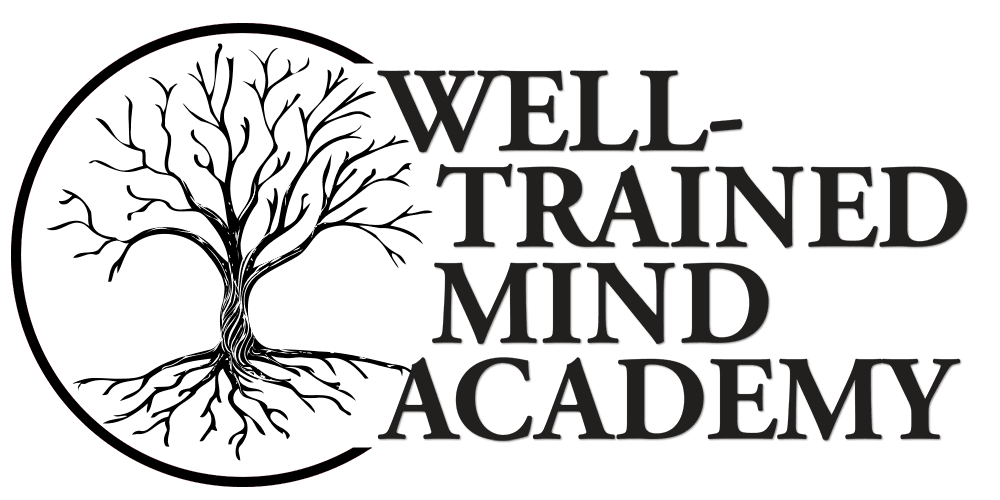Why Pandemic “Learning Pods” Could Be the Wave of the Future

As the coronavirus pandemic rages on into the fall, parents are charged with juggling an increasingly demanding set of circumstances. Having struggled with an abrupt shift to virtual learning, and managing the demands of working from home while educating their children, some parents have begun to explore the possibility of learning pods, or “micro-schools.”
Contents
What is a learning pod?
The term may be new, but in certain ways learning pods and micro-schools are as old-school as they come. “Learning pod,” or “pandemic pod,” is a broad term to describe small groups of students who learn together, typically in each other’s homes. Building on the one-room neighborhood schoolhouses of earlier years, learning pods usually include between 3-10 students. The learning pods aim to provide kids with the social stimulation and collaboration of a classroom environment. Some pods work on a rotation; parents share supervision of their children and of their classmates as they complete classwork remotely. Others opt to hire tutors and teachers to work with their children in person, forming a more formal “micro” or “nano” school, rather than supervising remote learning pods.
Though the pandemic has pushed many parents to consider the learning pod or micro-school model, it isn’t a new idea. Many homeschooling families have used micro-schooling and other “outsourced homeschooling” methods as an alternative to traditional education. These alternative school structures afford students a more flexible educational experience. More formal micro-schools sponsored by organizations like Weekdays and Microschool Revolution additionally employ pedagogical methods beyond standardized testing. These alternative instructional methods, including Socratic dialogue and kinesthetic learning, build multiple different skill sets (at many different skill levels). Crucially, the emergence of online learning and social media have both only improved homeschoolers’ educational opportunities over the past several years.
Are learning pods beneficial?
Both approaches have clear benefits for both parents and students. Pods and micro-schools provide individualized attention to students due to their small size, preventing children from falling behind in class. Forming a “pod” with other families can aid students’ learning, providing a safe hands-on classroom experience for kids amid COVID-19, and a relief from 24/7 childcare for parents working from home. Additionally, students can avoid the fatigue of online schooling with routinized contact with peers in the same or similar classes.
So how do you find — or start — a pod, or micro-school?
Ask around. If you’re involved in a parenting group or are friends with other parents in your neighborhood, consider asking them what their plans are for the upcoming school year. Ask if there are other local parents that they know who might be interested in forming a pod.
Look online. Look for Facebook groups in your area for learning pods or micro-schools. You might also look more generally into parenting groups in your region for tips on virtual schools, tutors, and teachers. Interested in starting your own micro-school? Consider reaching out to parenting groups to offer teaching and tutoring, either virtually or in small pods.
Reach out to an organization. Organizations like recent start-up Learning Pods, as well as Weekdays, Microschool Revolution, and others, can connect parents with like-minded families and with dedicated teachers and tutors. Some even offer aid with organization and teacher salaries, as well as comprehensive background and reference checks for incoming educators! Microschool Revolution additionally offers funding opportunities for parents and teachers interested in starting their own micro-school based on their skill set.
Creating community in uncertain times
Coordinating your child’s education is no easy task with the uncertainty of COVID-19. However, finding parents with similar educational goals can be mutually beneficial. These connections help you create innovative educational solutions and opportunities for your children and theirs. Finally, forming a pod with other like-minded individuals can provide your child — and you — with the chance to socialize safely with a group of people you trust.
